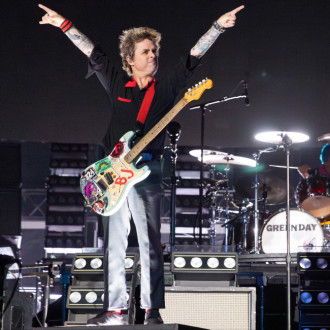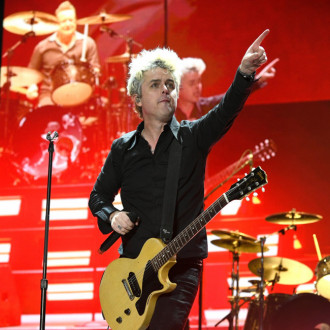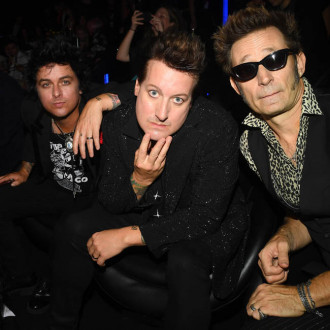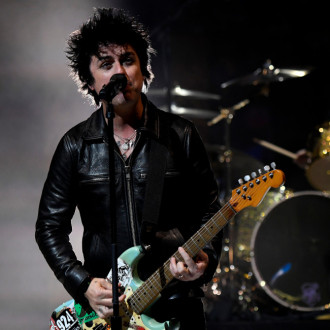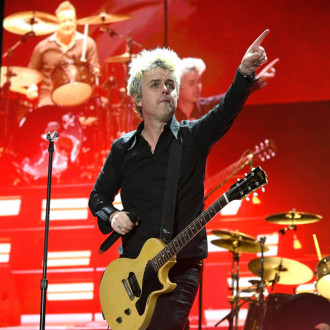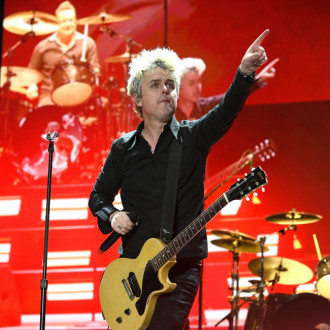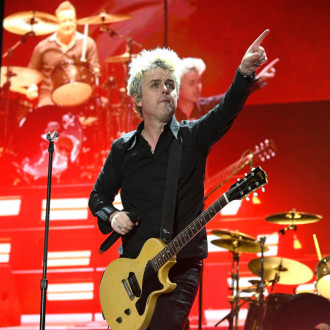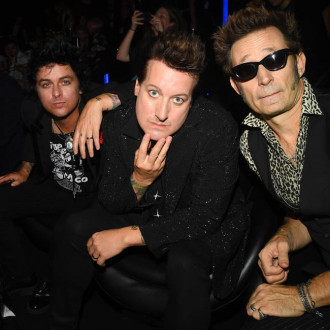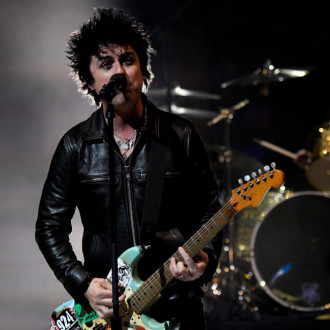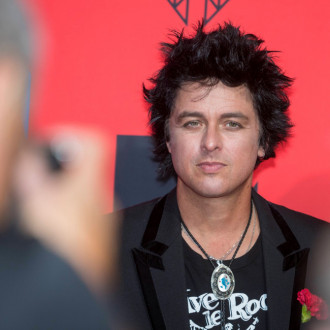Album of the Week: How Green Day's Dookie saved punk rock
By Holly Mosley in Music / Festivals on 01 February 2019
Dookie was released on this day in 1994.
Today (February 1st) marks the 25th anniversary of the release of Green Day's third album and major label debut Dookie. The legendary Diamond-certified release was the band's first ever record on Reprise Records; a label which has seen them through the rest of their career.

Ten years before American Idiot was born, there was Dookie. It was the landmark album of Green Day's career and the one that propelled punk rock to mainstream popularity. It reached number 2 in the US charts, has sold more than 20 million copies worldwide and ended up winning the Grammy Award for Best Alternative Music Album.
It was the band's first collaboration with multi-Grammy winning producer Rob Cavallo (My Chemical Romance, Phil Collins) who would also go on to produce Insomniac, Nimrod, American Idiot and live album Bullet in a Bible. Following 1991's non-charting release Kerplunk, many labels and producers took interest in Green Day, but it was Cavallo's work with The Muffs that persuaded the band to go with him and Reprise.
While it saw immediate mainstream success, Dookie was not without controversy. Many regarded Green Day as sell-outs for ditching the independent record label and chasing stardom, including Californian alternative club 924 Gilman Street from which they were subsequently banned. But given how the band were spoilt for choice when it came to producers, they didn't have to make too many sacrifices in terms of producing the sound they wanted.
Dookie was quite the well-rounded album, charged with themes of everything from anxiety and sexual orientation to divorce and murder. Basket Case, probably the album's most famous song, was inspired by frontman Billie Joe Armstrong's diagnosis of a panic disorder. Other singles included Longview, Welcome to Paradise, When I Come Around and She; the latter being inspired by a feminist poem of the same name.
More: Green Day play live in Sheffield
The album title, meanwhile, came from their term for diarrhoea, "liquid dookie", from which they suffered terribly while on tour. Hopefully the tour that followed this album wasn't such a health disaster. One thing's for sure, Green Day changed the face of punk rock for good - and we're ever grateful for it.
Contactmusic
